Collaboration 101: Developing partnerships between academia and industry
Brought to you by the ASBMB Membership Committee
Successful partnerships between academic and industrial laboratories foster innovation by facilitating the exploration of new ideas with shared resources and complementary expertise. However, financial, intellectual property and communication challenges often hinder these partnerships. This webinar features a panel of commercialization experts from diverse backgrounds who have successfully forged these relationships. The session dispels misconceptions about how these interactions work and guides those interested in developing and maintaining productive partnerships.
Panelists
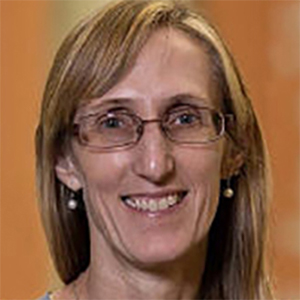
Carolyn Buser
Vice president of novel human genetics research, GlaxoSmithKline
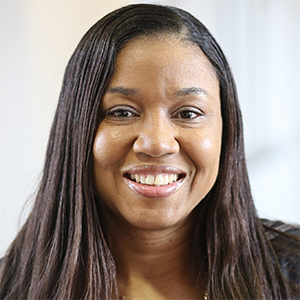
Almesha L. Campbell
Assistant vice president for research and economic development, Jackson State University

Kevin Harter
Professor of practice in entrepreneurship and associate dean for medical innovation, Penn State College of Medicine

Daniel Neafsey
Assistant professor, Harvard T.H. Chan School of Public Health
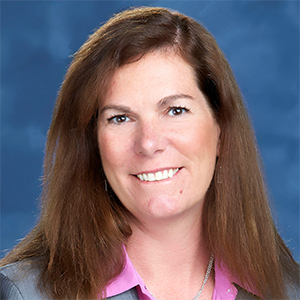
Barbara Sosnowski
Vice president for external R&D innovation, Pfizer Inc.
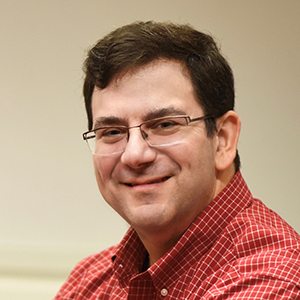
Greg Gatto, Moderator
Scientific manager, GlaxoSmithKline
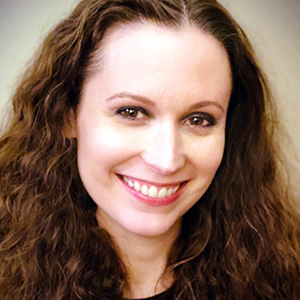
Renee Yura, Moderator
Director and diagnostics lead, Pfizer Inc.
Who should watch
- Academic principal investigators and industrial project leaders interested in exploring academic–industrial partnerships
- Business-development and tech-transfer department members at academic institutions looking to proactively engage industry
- Postdoctoral fellows and graduate students with a desire to learn more about the interfaces between academic and industrial enterprises
Key takeaways
- Realistic expectations for industry and academic scientists.
- What makes a partnership successful.
- An informed perspective for judging when a project, drug or idea is ready for collaboration.
- Tips on how best to communicate when a basic research project is ready to be translated to a business or product.
